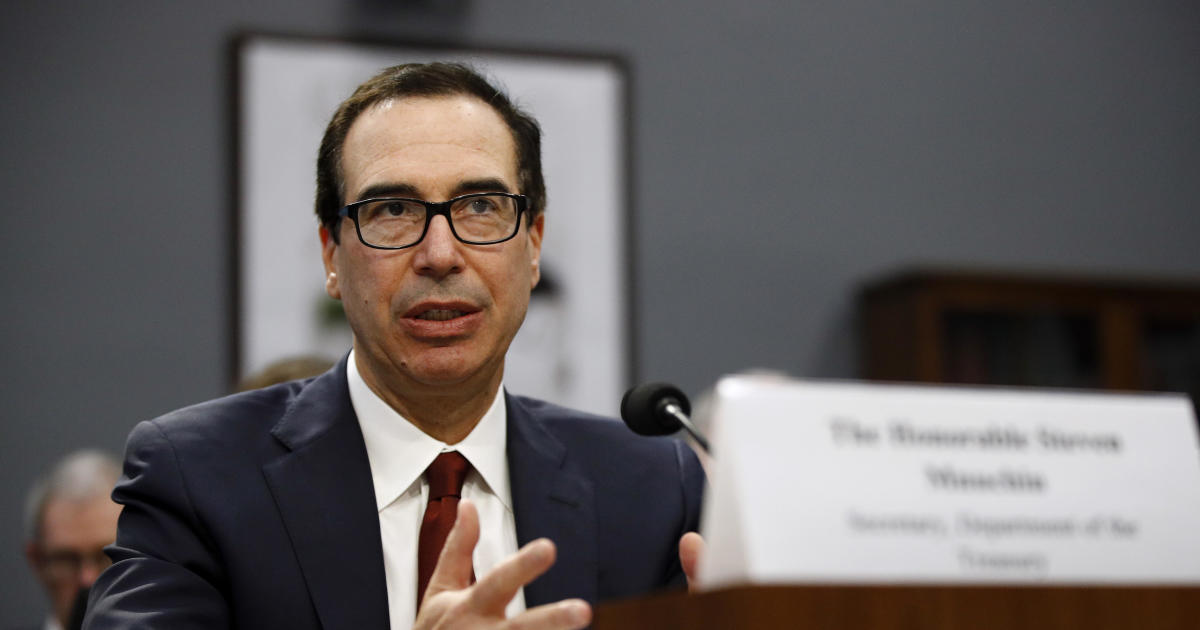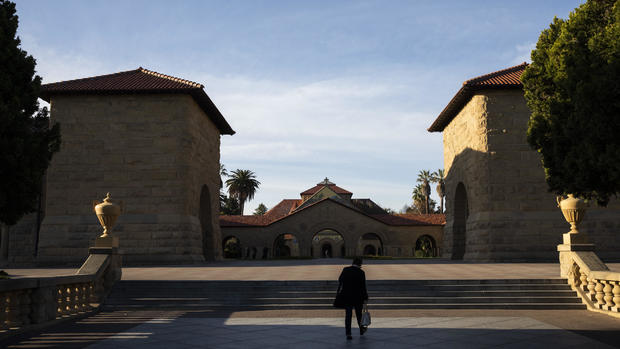
President Donald Trump has proposed a number of tax measures to help shield the U.S. economy from the coronavirus, including a payroll tax “holiday” and a delay in the April 15 tax filing deadline. Yet neither policy is likely to boost Americans as much as the White House might hope, economists say.
For one, cutting payroll taxes would do nothing to help people who’ve been laid off or furloughed and aren’t getting a paycheck. It would also bypass the elderly—a group that is vulnerable to the novel coronavirus and most of whom don’t work.
And while a payroll tax holiday would amount to a raise for many workers, the biggest winners would be high earners. That would dilute the fiscal medicine for the economy as a whole — here’s why:
“High-income people don’t spend as much of their income as low-income people do,” said Howard Gleckman, a senior fellow at the Urban-Brookings Tax Policy Center. “If what you’re trying to do to stabilize the economy is getting people to consume, giving high-income people money won’t help that.”
Cash grants, especially to low- and middle-income people, have generally been shown to boost consumer spending — the lifeblood of the U.S. economy. But the relatively small raise workers would get from a payroll tax cut is unlikely to prop up the economy against the fast-spreading coronavirus, according to Michael Strain, an economist at the conservative American Enterprise Institute.
“The benefits would arrive drip by drip, a little in each paycheck,” Strain wrote for Bloomberg News. “That wouldn’t do enough for households affected by the coronavirus, which are likely to need a sizable infusion of cash to meet necessary expenses.”
Meanwhile, delaying the April 15 deadline for people to file their income taxes would let people hold onto their cash rather than sending it to the IRS, at least in the short term. The problem: People who owed taxes would get some relief, those expecting refunds could find themselves waiting longer for their money.
“If you use the tax filing delay to slow down operations at the IRS, you also delay people getting refund checks,” said Clayton Allen, an equity analyst at Height Securities.
A related problem is that the vast majority of taxpayers — about 80% — get money back when they file, and the vast majority of them are low- or moderate-income workers — just the kind of person who is mostly likely to spend.
“That refund check, for a lot of Americans, is the single largest bump of income in the year,” Allen said, so much so that many households plan around it.
“A lot of those payments go to things like medical bills and other expenses that are really pretty crucial. If you delay that tax refund process, that’s not going to help if your concern is [economic] stimulus,” he added.
Any delay in tax refunds is a problem for low-income workers. And a significant delay could have broader economic effects, weighing on consumer spending. As of last week, the IRS had issued just half of the $320 billion in tax refunds it gave out last year, according to filing statistics.
A better tax-focused policy to boost economic growth could include expanding the Earned Income Tax Credit, which targets low- and middle-income workers, said Gleckman of the Tax Policy Center.
The federal government could also issue advance payments on tax refunds, as it’s done in the past, notably during George W. Bush’s first term. That would mean people eligible to claim the EITC next year would get money in their bank account or a check in the mail this spring, instead of waiting to file a tax return.
But the most effective policy might not have to do with taxes at all.
“Even though I’m a tax policy guy, I think the most productive thing the government can do right now is enhance public health, not put money in people’s pockets,” Gleckman said.
He added, “This whole problem is being created by people who are not going out because they’re afraid of disease. Government should be doing everything they can to make sure people aren’t afraid.”

